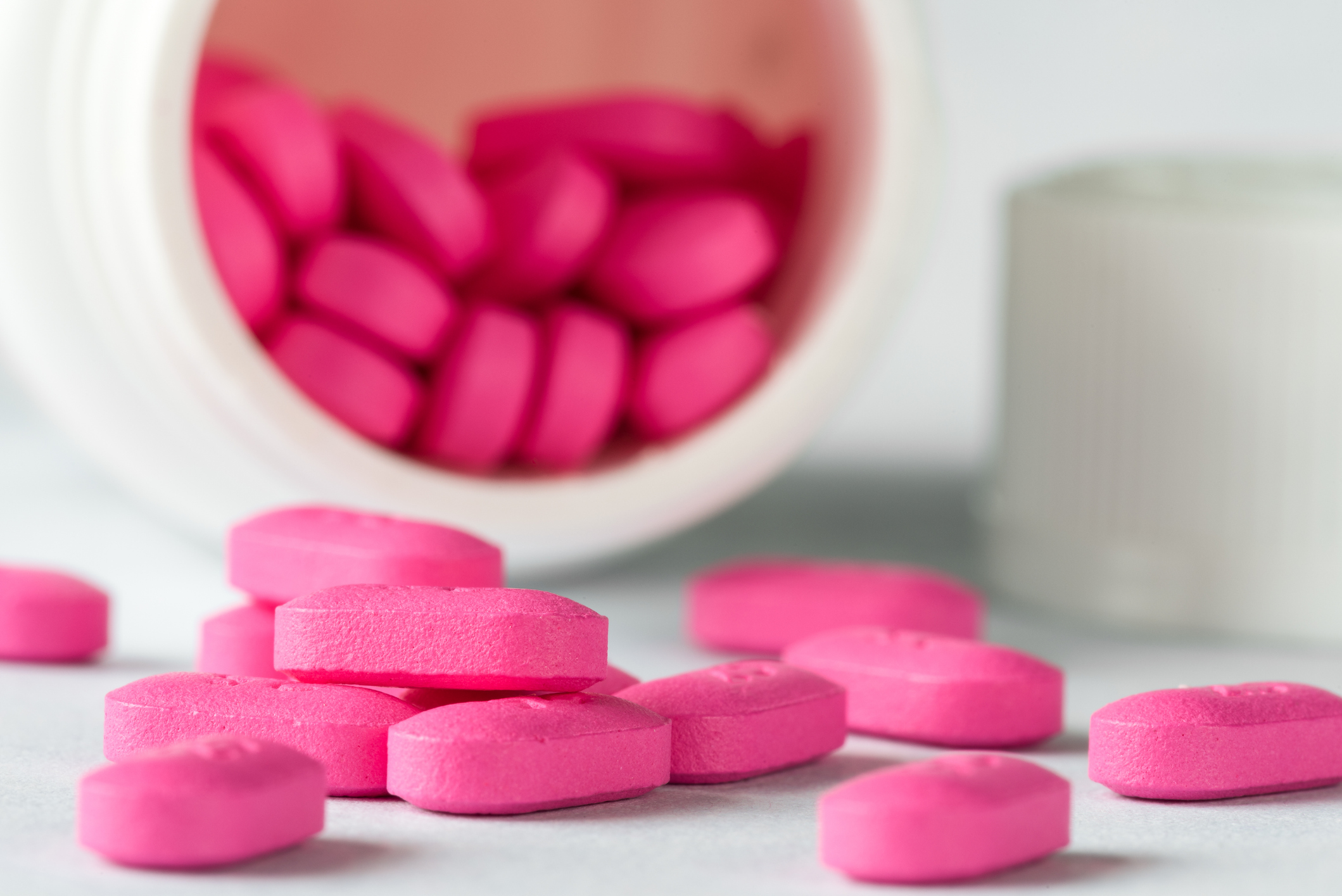This article discusses what to do if your sponsor in a recovery program like AA or NA experiences a relapse. It emphasizes acknowledging your feelings, prioritizing your own recovery, communicating openly with your sponsor, and seeking a new sponsor or additional resources if necessary. Ultimately, the article encourages maintaining your sobriety and continuing your path to healing despite a sponsor’s relapse.
The journey of recovery has many paths, and many choose 12-step programs to support their long-term sobriety. For many individuals in Alcoholics Anonymous (AA) and Narcotics Anonymous (NA), having NA or AA sponsorship provides crucial support and guidance. But what happens when your AA sponsor relapses? This situation can be disheartening, confusing, and even frightening, especially if you are still committed to your sobriety and dealing with relapse wasn’t in your plan. Read on to learn more about what an AA sponsor is, and what to do when a sponsor has an alcoholic relapse.
What Is an AA Sponsor?
For those not fully familiar with the 12 Steps, an AA or NA sponsor is a person with long-term sobriety (typically a bare minimum of one year), who volunteers their time to guide other people through the 12 Steps of Narcotics Anonymous or Alcoholics Anonymous. This is known as a sponsor-sponsee relationship. This is seen as an act of service—you’ll hear many times from AA members at AA meetings that “service keeps you sober.” However, sponsors are human and fallible just like the rest of us, and they are not immune to a “slip.”
Understanding Relapse
Before we delve into the steps you can take, it’s essential to understand what relapse means. In the context of addiction recovery, relapse refers to a return to substance use after getting sober. It can occur for various reasons, including stress, emotional turmoil, or a lack of coping mechanisms. Relapse is often part of the recovery journey, and it does not signify failure but rather an opportunity for learning and growth. For those who want to learn how to stop drinking alcohol, sometimes it takes a few attempts before it sticks.
Acknowledge Your Feelings
If you’re upset because “my sponsor relapsed”, it’s natural to experience a whirlwind of emotions. You may feel betrayed, confused, or even fearful about your own recovery. Acknowledging these feelings is the first step in processing the situation. Remember that your emotions are valid, and it’s okay to feel upset. Take time to reflect on how you feel and consider journaling your thoughts. This practice can help you gain clarity and prepare for the next steps in your recovery. If you feel vulnerable, dive into local addiction recovery resources or look up “AA meetings near me” to get to a meeting.
Focus on Your Recovery
While it may be tempting to get caught up in your AA or NA sponsor‘s journey, it’s crucial to prioritize your own recovery. You may be wondering what to say to someone who’s relapsed or is actively finding a new sponsor. Your sobriety is your responsibility, and you have worked hard to maintain it. Here are some strategies to help you stay focused:
- Revisit your goals: Take a moment to reflect on your goals for recovery. What motivated you to seek help in the first place, and what helps you stay sober? Reconnecting with your purpose can reignite your commitment to sobriety.
- Engage with your support network: Lean on other members for Alcoholics Anonymous support. Share your feelings and experiences with them.
- Attend meetings regularly: Consistency is key to recovery. Attend NA or AA meetings regularly and read AA literature to reinforce your commitment and connect with others who understand what you’re going through.
- Practice self-care: Engage in activities that nourish your mind, body, and soul. Whether it’s exercise, meditation, or spending time with loved ones, self-care is essential for maintaining your sobriety.
- Communicate openly: If you feel comfortable, reach out to your sponsor after their relapse. This conversation can be beneficial for both of you.
- Set boundaries: If you feel that your sponsor’s relapse is impacting your sobriety, it’s okay to set AA sponsor boundaries. You might need to limit your interactions or seek additional support from other members of your group.
Seek a New Sponsor if Necessary
It is incredibly hard, for example, to know what to do when your partner relapses, but dealing with a sponsor’s relapse can be equally difficult. If your sponsor’s relapse significantly affects your recovery, it may be time to consider finding a new sponsor. This decision can be tough, but remember that your sobriety comes first. Here are some points to consider:
Look for Someone with Experience
When searching for a new sponsor, remember what an AA sponsor is. Consider someone who has a solid foundation in their recovery. Look for individuals who have successfully navigated their own challenges and can offer guidance based on their experiences.
Evaluate Compatibility
A sponsor-sponsee relationship is built on trust and understanding. Ensure that your new sponsor aligns with your values and goals. Take the time to get to know them before committing.
Stay Open-Minded
Finding a new sponsor can feel daunting, but it’s an opportunity for growth. Embrace the chance to learn from someone new and gain fresh perspectives on your recovery journey.
Utilize Additional Resources
In addition to your support group, consider seeking additional resources to bolster your recovery. Here are some options:
- Therapy
- Books and AA literature
- Online support groups
Experiencing a sponsor’s relapse can be a challenging and emotional experience and it may redefine what an AA sponsor is to you, but it doesn’t have to derail your recovery. By acknowledging your feelings, focusing on your sobriety, communicating openly, and seeking additional support, you can navigate this difficult situation with grace and resilience.
If you or someone you know is struggling with drug or alcohol addiction, Mountainside can help. We offer individualized and comprehensive treatment plans for all stages of your recovery. Speak to an admissions specialist today.
If you or a loved one is struggling with addiction, Mountainside can help.
Click here or call (888) 833-4676 to speak with one of our addiction treatment experts.

 By
By 







